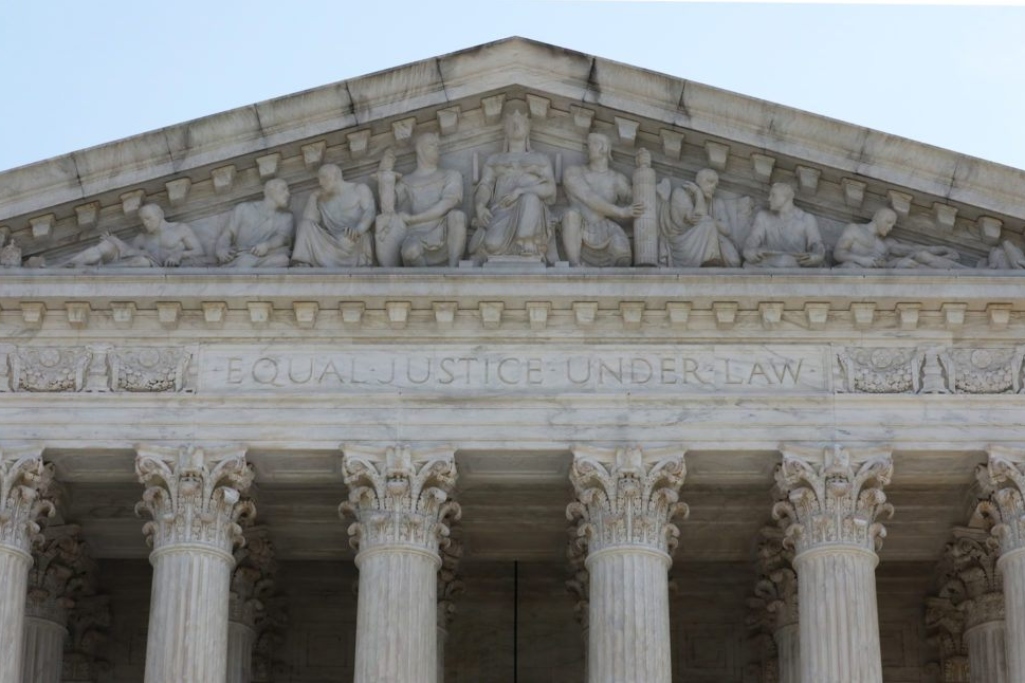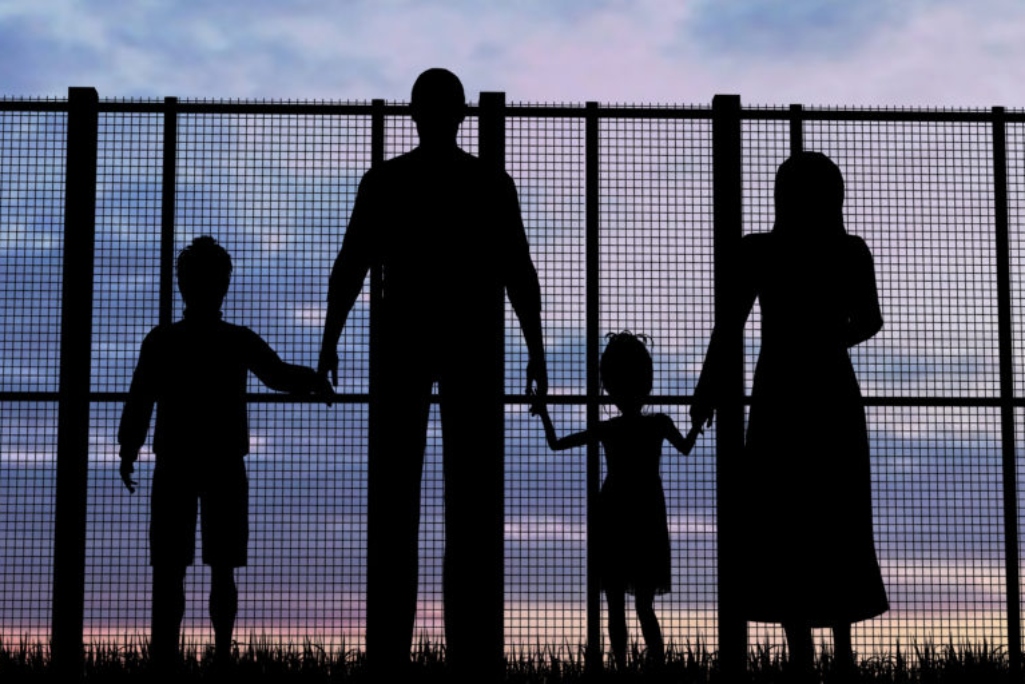
The U.S. Supreme Court.
WASHINGTON, D.C. (BP) — The Supreme Court on Friday (Aug. 16) rejected an emergency request from the Biden Administration that would have required the enforcement of new Title IX regulations released in April of this year.
The rule, called “Nondiscrimination on the Basis of Sex in Education Programs or Activities Receiving Federal Financial Assistance,” expands the definition of “sex” in Title IX’s language to include sexual orientation and gender identity. Title IX is a federal law that prohibits sex-based discrimination in any educational program or institution that receives federal funds.
Opponents of the new rule, including the Southern Baptist Convention’s (SBC) Ethics & Religious Liberty Commission (ERLC), argued that the rule would remove protections women have previously enjoyed from Title IX by allowing biological men to compete in women’s sports and by prohibiting sex-segregated spaces like bathrooms and locker rooms.
“The Court’s move to keep this ban in place is correct,” said ERLC President Brent Leatherwood.
“To threaten the loss of funding for a school’s refusal to acquiesce to the redefinition of sex and gender is the height of arrogance by the Department of Education. The downside is that it is only in effect for 26 states, forcing families and communities in the rest of the nation to move forward in facing this harmful Biden regulation,” Leatherwood told Baptist Press in written comments.
The rule change went into effect Aug. 1 in states that agreed with it, but for more than half of U.S. states, it did not. At least 26 U.S. attorneys general have filed suit over the change, arguing it violates their states’ laws regarding transgender students participating in athletics. Those suits are currently working their way through the courts.
In July, a Kansas judge halted the rule for several states. The Sixth Circuit will hear a case on the rule this fall.
“As litigation continues in lower courts, I hope those judges sense the clear signal from the Justices here: Schools should not be laboratories for whatever changing definitions and fads this fallen culture has for sexuality,” Leatherwood said.
The Biden administration had asked the Supreme Court to issue a stay of those states’ injunctions on the less controversial parts of the rule change, arguing that the provisions those states are fighting are unrelated to other parts of the rule, including measures on dealing with students who are parents or how schools respond to sexual misconduct.
The High Court, in a 5-4 decision, disagreed.
“On this limited record and in its emergency applications, the Government has not provided this Court a sufficient basis to disturb the lower courts’ interim conclusions that the three provisions found likely to be unlawful are intertwined with and affect other provisions of the rule,” the Supreme Court’s Aug. 16 order states. “Nor has the Government adequately identified which particular provisions, if any, are sufficiently independent of the enjoined definitional provision and thus might be able to remain in effect. Moreover, related to the equities, the Sixth Circuit has already expedited its consideration of the case and scheduled oral argument for October. The Court expects that the Courts of Appeals will render their decisions with appropriate dispatch. In light of all of the circumstances, the Court denies the Government’s applications for partial stays.”
Justice Neil Gorsuch joined the Court’s three reliably liberal justices in the dissent.
(EDITOR’S NOTE — Laura Erlanson is managing editor of Baptist Press.)


